Knowledgebase
Latest from Kingshay's Knowledgebase
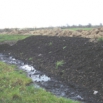
Effective management of farmyard manure (FYM) to minimise the risk of pollution and maximise financial benefits requires a practical and cost effective strategy. Composti...
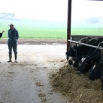
Retaining high quality staff is one of the biggest challenges on most farms. Circumstances where there are long hours and difficult working conditions can result in good ...
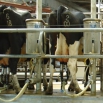
Reducing electricity usage by improving the efficiency of milk cooling, water heating and parlour vacuum pumps will benefit farm profitability and reduce carbon emissions...
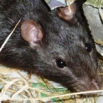
Rats carry a large number of diseases and parasites which can be harmful to both humans and animals. This, alongside the damage they cause, makes them a major farm pest.Â...
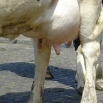
At an average cost of £220 per case and accounting for 11% of cows being culled, mastitis is a significant cost to the dairy industry and a major challenge to farm pr...
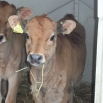
Twinning is undesirable as the stress of carrying two foetuses compromises the cow's energy balance, and this can lead to poor performance after calving. It is crucial th...
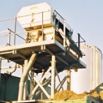
Separating the solid and liquid slurry fractions gives a range of benefits including making slurry easier to handle and reducing its volume by about 20%. If you are in an...
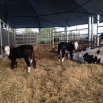
In dairy cattle twin births are undesirable and lead to reduced overall profitability and reproductive efficiency. The negative impacts of twins can include freemartin he...
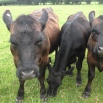
Copper deficiency is a common problem where dietary intake is insufficient to meet the cow's metabolic requirement or where mineral antagonists levels are in excess. Wher...
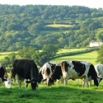
Copper is essential to animal health for a number of metabolic functions including growth, production and fertility. Copper levels in grass and forages are determined by ...
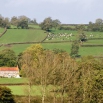
Contract farming agreements can offer significant advantages over Farm Business Tenancies (FBT). They are relevant to both large specialist companies and smaller farms en...
.jpg&w=103&h=103&zc=1&a=c&q=100)
Whilst using energy efficiently is clearly important, farmers are in a good position to reduce their electricity cost by making use of alternative energy sources. Wind p...
